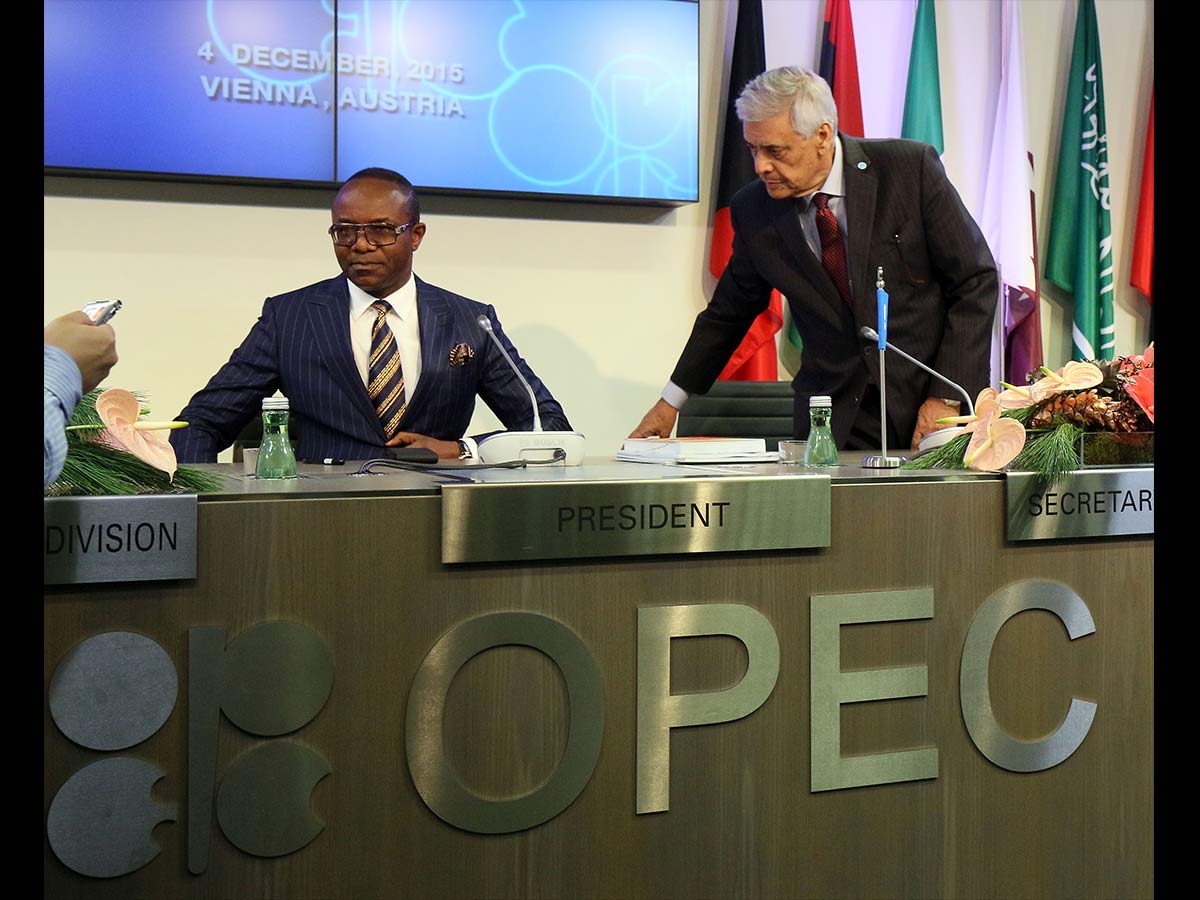The Minister of State, Petroleum Resources, Dr. Ibe Kachikwu on Friday said there was nothing on ground to justify the over $40 billion that has accrued to the Niger Delta region in the past 12 years through various intervention agencies.
The minister, who spoke at a meeting held at PTI Conference Centre in Warri, Delta State involving prominent leaders from the coastal states, including representatives of the various ethnic groups, Isoko, Ijaw, Urhobo, Itsekiri, Ibiobio and others, said the $40 billion came mainly from oil companies, Niger Delta Development Commission, NDDC, 13% derivation and other intervention funds.
He declared in the presence of monarchs, youth leaders, politicians and Secretary of MEND: “I’ve been to the creeks myself and discovered that there was no meaningful development of the riverine communities as expected by the federal government despite the huge amount disbursed to the region.”
Stating that the state of infrastructure is disappointing despite the huge effort to alleviate the infrastructural defect in the region. He called for an audit of money expended in the region so far to know what exactly went wrong to avoid repeating the same mistakes.
“I think we need an audit because it will not be wise to have agitation of this kind in circle after each agitation will come back again to demand for the same thing when intervention funds had made no impact on the lives of the ordinary people.
The minister also used the forum to assure leaders of the zone that President Muhammadu Buhari was not thinking of using the military to resolve the crisis in the region.
Instead, he maintained that the President was desirous of using dialogue to find a lasting solution to the problem.
The meeting yesterday was convened by Ijaw National leader, Chief Edwin Clark in reaction to last Thursday visit to the minister by Ijaw Monarchs.
The minister urged the leaders to prevail on their youths to allow peace to reign in the region noting that no meaningful development can take place in an atmosphere of violence.
He told the Niger Delta leaders that the federal government was committed to the development of the region promising to come out soon with short and long term plans in that direction.
Clark had told the minister that he should no longer entertain any group or groups that visited him under the guise of the Niger Delta struggle without asking them whether they had the permission of their leaders.
He said the Ijaw Monarchs that visited the minister caused great embarrassment for him as other ethnic groups thought the struggle was that of Ijaws.
Earlier, the Secretary of MEND, Timipa Jenkins Okponipene told the meeting that his group had accepted Clark’s leadership of the proposed team that will dialogue with the federal government.
He however said MEND would nominate three persons while Chief Clark’s team will nominate another three with slots for other ethnic groups.
Meanwhile, Kachikwu disclosed that Niger Delta Avengers (NDA), Movement for the Emancipation of the Niger Delta (MEND) and all other militant groups have agreed to dialogue with the federal government, to resolve the crisis in the region.
He stated that he has the full confidence of the president on this matter and had briefed him regularly the progress he was making on how he was able to win the confidence of the millitants who had resisted all entreaties for peace.
He said it took a lot of work behind the scene with the help of people like Timi Alaibe who made contacts that had finally resulted to the ceasefire that we have now. It was a delicate balancing act that still requires a lot of work to consolidate, we are not there yet, but we will get there,” he added.


 Naira4 weeks ago
Naira4 weeks ago
 Naira4 weeks ago
Naira4 weeks ago
 Travel3 weeks ago
Travel3 weeks ago
 Jobs4 weeks ago
Jobs4 weeks ago
 Naira3 weeks ago
Naira3 weeks ago
 Naira3 weeks ago
Naira3 weeks ago
 Investment4 weeks ago
Investment4 weeks ago
 Travel4 weeks ago
Travel4 weeks ago



























